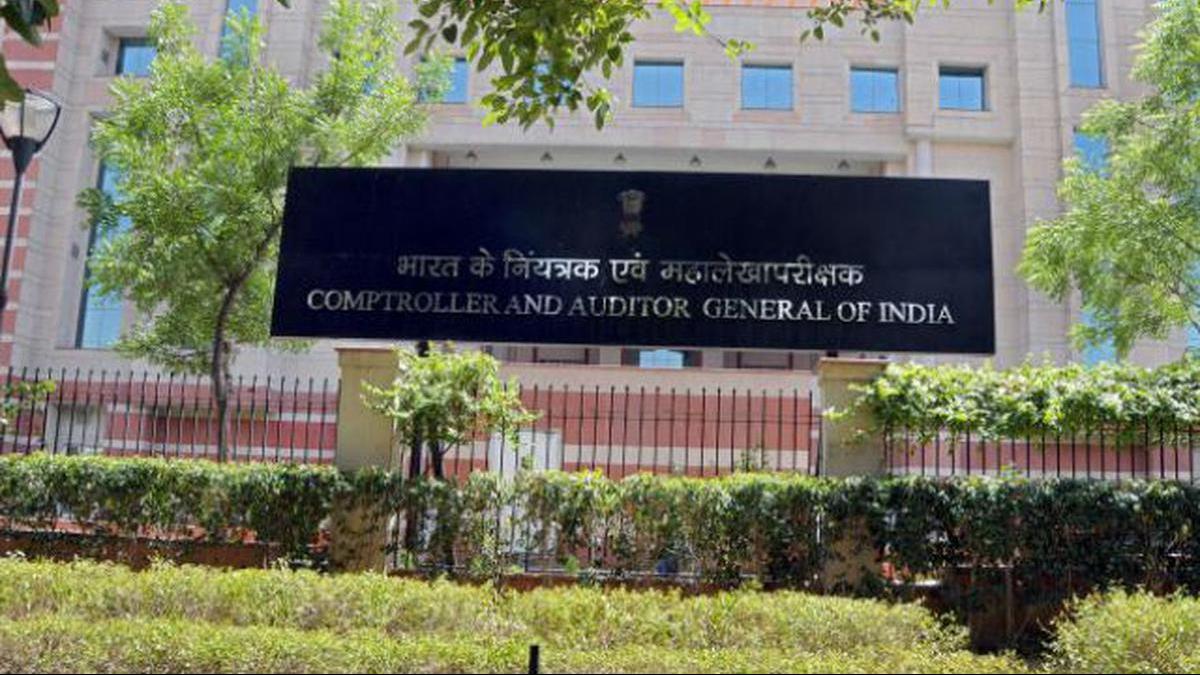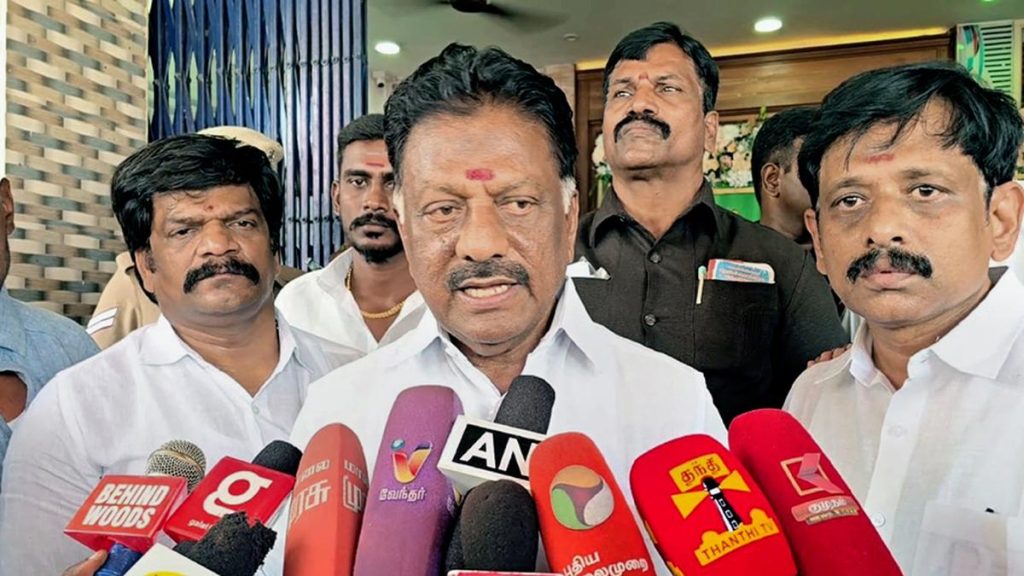Now Reading: CAG Flags Revenue Loss of Crores Due to Maharashtra Excise Dept Lapses
-
01
CAG Flags Revenue Loss of Crores Due to Maharashtra Excise Dept Lapses
CAG Flags Revenue Loss of Crores Due to Maharashtra Excise Dept Lapses

Swift Summary
- CAG report findings: the Comptroller and Auditor General (CAG) highlighted major lapses in the Maharashtra State Excise Department’s operations, resulting in substantial revenue loss.
- Revenue impact: The State lost ₹20.15 crore due to incorrect assessment of license renewal fees, along with ₹70.22 crore in interest.
- Supervision fees shortfall: Non-implementation of revised supervision fee rates led to an additional loss of ₹1.20 crore.
- Irregular exemption: The then Excise Commissioner waived excise duty on old beer stock without prior approval from the government.
- Mild beer delays: Delayed chemical analysis submissions on mild beer samples hindered tax recovery worth ₹73.18 crore.
- Partnership rules gap: Absence of provisions for significant changes in company shareholding caused a revenue loss of ₹26.93 crore under privilege fee rules.
- Excise Act omission: Lack of a production cost declaration provision left potential earnings uncollected by the State government.
- Undervalued CSD products: Undervaluation of production costs for 11 brands resulted in a revenue deficit of ₹38.34 crore related to excise duty from the Canteen Stores Department (CSD).
- Foreign liquor pricing errors: Errors between August 2018 and March 2022 incurred losses amounting to Rs 11.48 crore; another set between May 2017 and March 2022 caused losses totaling ₹2.89 crore.
Indian Opinion Analysis
The Comptroller and Auditor General’s report serves as an critically important accountability mechanism highlighting administrative inefficiencies within Maharashtra’s Excise Department that resulted in cumulative revenue losses exceeding several hundred crores over time. These findings point toward systemic gaps such as poor adherence to regulatory provisions, inaccurate financial assessments, weak policy enforcement, and lackluster oversight.
For India at large,this issue underscores the vital role that audits like those conducted by the CAG play in strengthening transparency within public departments while offering critical insights for policymakers across all states regarding excise management frameworks.
The broader implication revolves around improving efficiency measures inside governmental systems-notably with respect to tax collection policies given India’s efforts toward increasing its fiscal capacity through better compliance mechanisms centered on accountability-driven reforms across sectors.
Read more: The Hindu
























